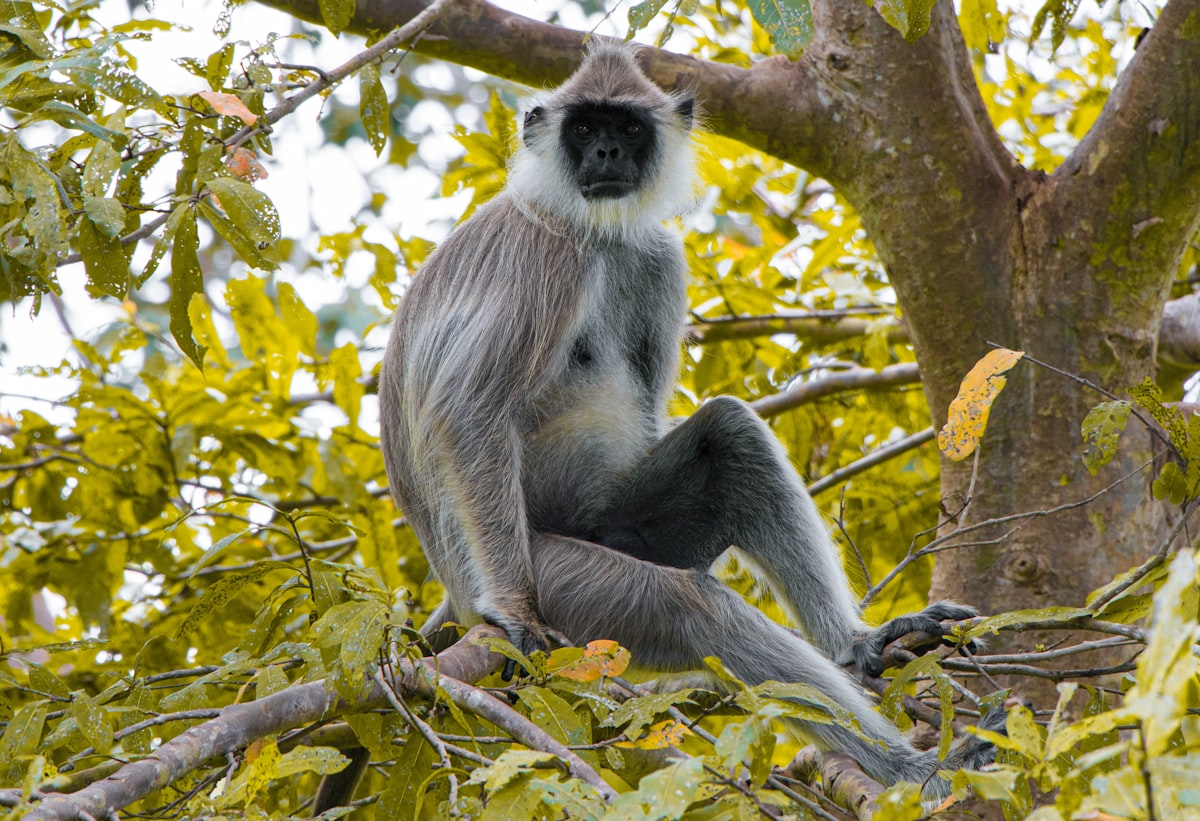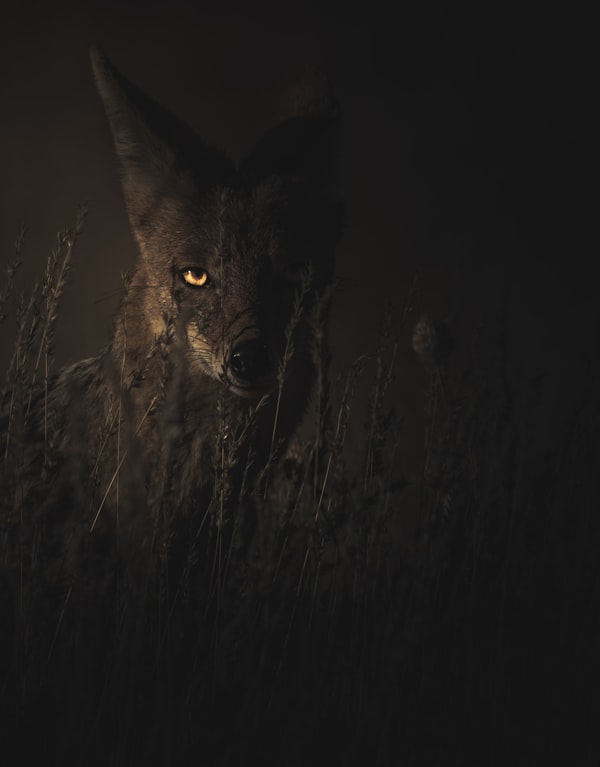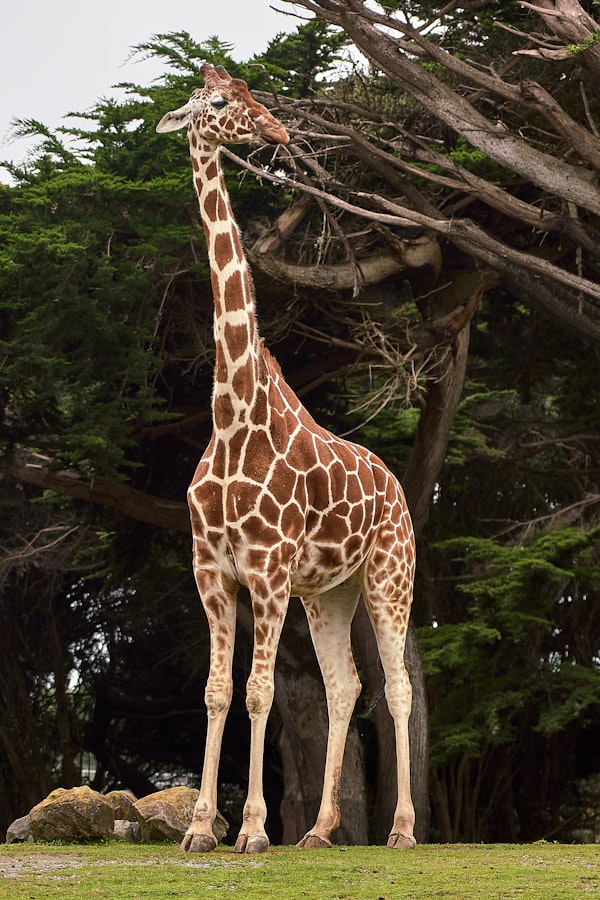The Importance of Wildlife Conservation: Preserving the Balance of Our Planet's Ecosystems

The Importance of Wildlife Conservation
Wildlife conservation is a matter of great importance. The delicate balance of our planet's ecosystems relies heavily on the preservation of its diverse animal species. Each creature, no matter how big or small, plays a vital role in maintaining the health and sustainability of our natural world.
Protecting Endangered Species
One of the main reasons wildlife conservation is crucial is the protection of endangered species. Many animals face the threat of extinction due to factors such as habitat loss, poaching, and climate change. By taking proactive steps to preserve their habitats and implement conservation programs, we can ensure their survival for future generations.
Biodiversity and Ecological Balance
The preservation of biodiversity is another significant aspect of wildlife conservation. A diverse range of animal species contributes to the overall ecological balance of an ecosystem. Each animal has its role to play in food chains, pollination, seed dispersal, and countless other ecological processes. By safeguarding their habitats, we can maintain the delicate balance that allows these ecosystems to thrive.
Economic Value
Wildlife conservation also has economic value. Many communities around the world rely on ecotourism and wildlife-based industries for their livelihoods. By protecting and preserving wildlife, we can create sustainable economic opportunities for these communities while also ensuring the long-term health of the ecosystems they depend upon.
Indigenous Knowledge and Cultural Preservation
Indigenous communities often possess deep knowledge and understanding of local ecosystems and wildlife. By involving these communities in wildlife conservation efforts, we can learn from their traditional practices and preserve their cultural heritage. It is important to respect and integrate indigenous knowledge into conservation strategies to achieve the best possible outcomes.
Education and Awareness
Lastly, wildlife conservation plays a crucial role in education and raising awareness. By sharing information about the importance of wildlife and the threats they face, we can inspire others to take action. Education empowers individuals to make informed choices that contribute to the conservation of our natural world.
Final Thoughts
Wildlife conservation is not just a matter of saving individual species; it is about preserving the intricate web of life on our planet. It is a responsibility we all share, and it requires collective action. Let us join hands and work towards a future where every creature, big or small, can thrive in harmony with humanity.

